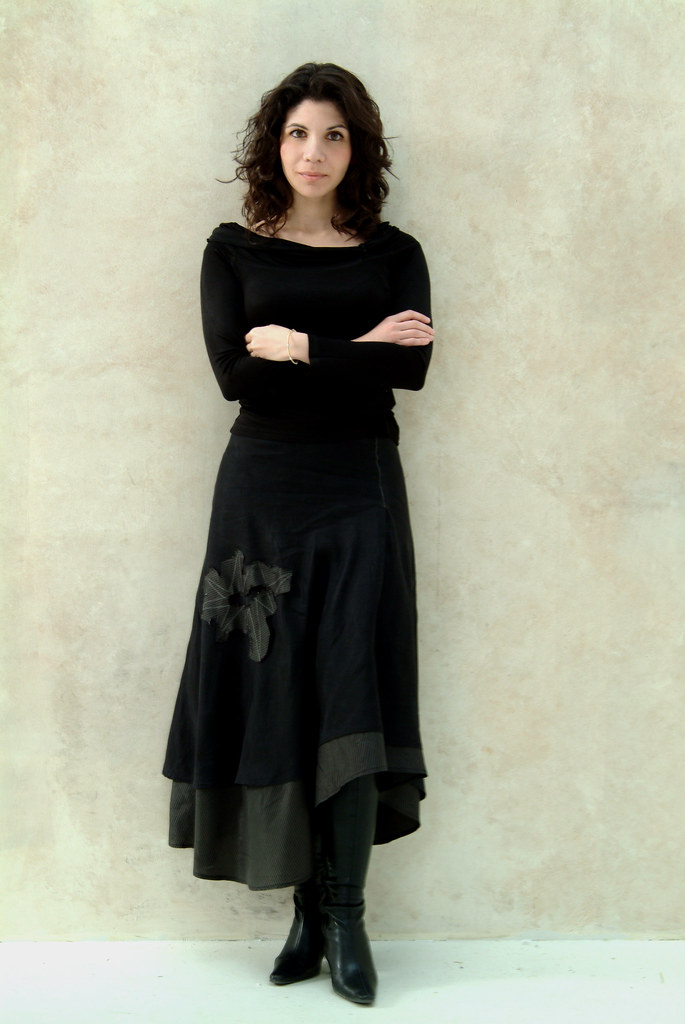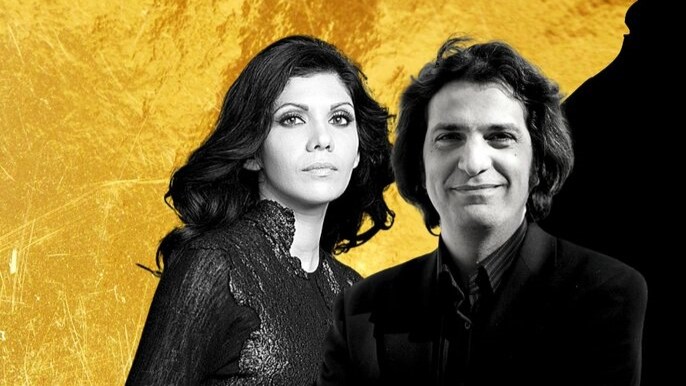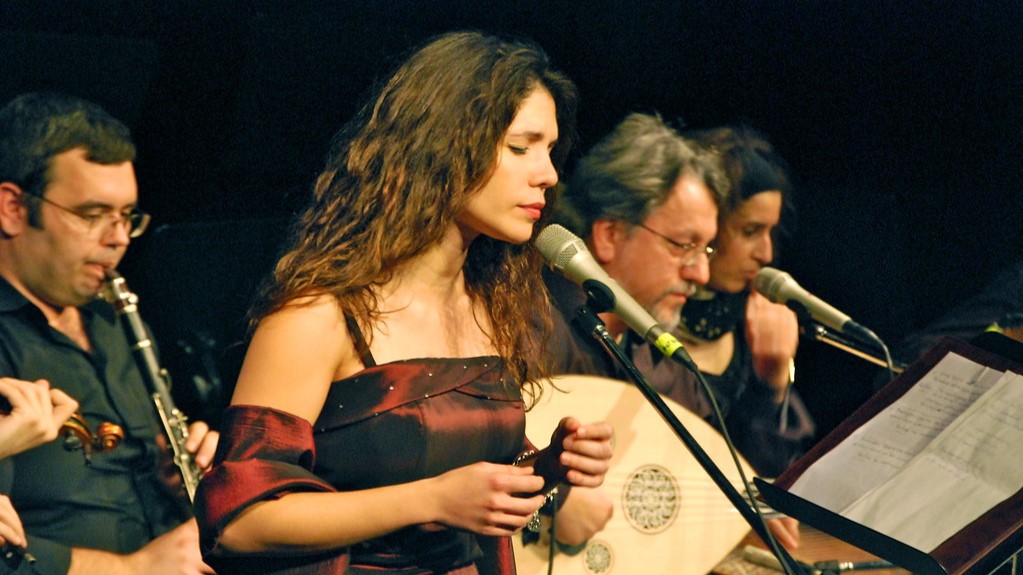By Thodoros Roussos
In an Australian exclusive, the Hellenic Museum is bringing internationally renowned Greek musicians Vassilis Tsabropoulos and Nektaria Karantzi to Melbourne for a one night only, live performance titled Between East and West.
Ahead of their Melbourne performance on Saturday, April 1, Karantzi speaks with The Greek Herald about her journey in Byzantine music, as well as her joy at having the chance to perform in Australia.
Tell us a little bit about yourself.
Since my childhood I have immersed myself in the world of Byzantine music, especially in the field of female psaltic singing, which is more overlooked and often misunderstood. At the same time, I am a lawyer with postgraduate specialisations in criminal law, criminology and ecclesiastic law.
Dedicating most of my life to music, both Byzantine and traditional, with concerts mainly in European countries, I try to balance my legal capacity in relation to the world of music that I represent. For this reason, I specialise in issues of criminal law protection of intellectual property, but also the issues of legalities related to Byzantine church music and the sacred rules of Church. One of these is certainly the presence of women in the art of chanting.
What inspired you to become involved with Byzantine music?
Agios Porphyrios of Kafsokalyvia was my spiritual father, as well as for my whole family. He was the reason I became interested with Byzantine music. He asked my parents to urge me to start learning Byzantine music when I was 9 years old. That’s where it all started I would say.

At the same time, growing up and singing in many churches and monasteries, the world of the Greek musical tradition came into my life with the help of the great teacher, Chronis Aidonidis.
Gradually, my discography, which had already started at the age of 14 with Byzantine music as its core, began to spread through the internet in more countries and in this way, invitations from European countries for concerts abroad also began, as well as invitations from various music academies for masterclasses and presentations.
How rare is it for women to be involved in the field of Byzantine music?
It is true that for a long time it was uncommon. However, things have changed in recent years. I can claim that I have devoted my life to this work – the promotion of women’s psaltic art. The female hymn singer is nothing new. Female chanters are already recorded in Byzantium. Later, however, the misinterpretations of the sacred Church rules and especially of the words of the Apostle Paul led to many misconceptions.
Personally, having behind me the cultural legacy left by Saint Porphyrios, I try with all my powers to highlight women’s singing and that is why I founded the ‘Women in Byzantine Music Worldwide Association’ which today consists of female chanter members from literally all over the world.
In Australia particularly, we have the pleasure of having Ioanna Nikoloulea as our Association’s representative, who together with the rest of the Psaltries of Melbourne, will participate in our concert with Vassilis Tsabropoulos at the Hellenic Museum. Ioanna is my student in Byzantine music, an excellent cantor and coordinates our cantors in Melbourne for every cultural activity that arises in Australia, with the blessings of Bishop Kyriakos of Sozopolis. Recently even the Psaltries of Melbourne were recognised in the category of Byzantine music at Orthodox Arts Festival of the United Kingdom.
What can people expect to see at your concert with Vassilis Tsabropoulos?
First of all, I would like to point out that it is a great honour to participate in this concert alongside the great Greek chief musician, virtuoso piano soloist and decades-long recording artist, Vassilis Tsabropoulos.

With Vassilis Tsabropoulos we have been presenting a music program that unites the West and the East for the last few years. With him representing the West and me the musical world of the East, we mix the different sounds and the different approaches in a musical dialogue on stage, which sometimes seems to differ and sometimes to merge. Psaltries of Melbourne, as I mentioned before, will also participate with Byzantine hymns, some of which we will sing together.
Do you have a message for the Greek community in Australia?
It’s the first time I am coming to Australia and I’m looking forward to meeting with the Greek diaspora. I know individuals who have greatly intrigued me but have also earned my appreciation. I am of course referring to Ioanna Nikoloulea and Apostolis Lagoutatzis, people of extremely special quality whom we are honoured to call friends. I also refer to Yiannis Korombokis and his family, whom I consider people who honour Greece with their presence and actions abroad, but also to Chris Vlahonasios and his family who do an extremely important project with Byzanfest, which I also try to support with my powers.

